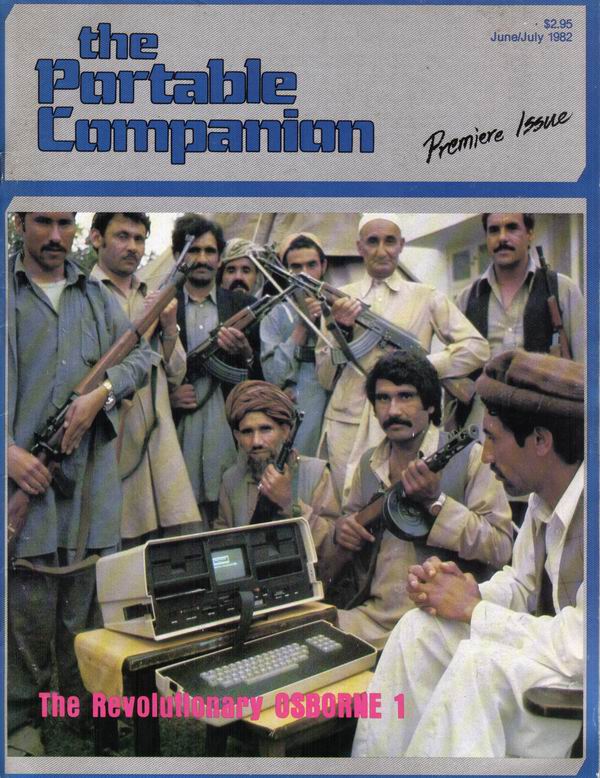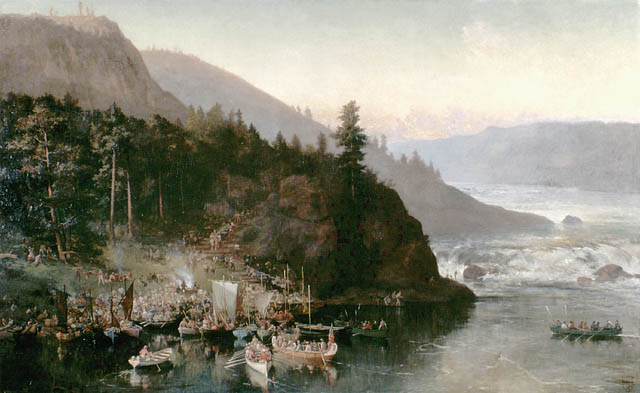[ cross-posted from Zenpundit — third of three parts ]
.
David Ronfeldt said something in a recent comment here on strategy that to my mind maps very nicely — like one of those zooms in films from a very long view of a New York cityscape right in through the window of a brownstone onto a particular book on a certain someone’s bedside table or desk onto this week’s questions about Pakistan:
as others have noted better than i, strategic relationships may involve competition in one area, collaboration in another, and a potential for serious conflict in yet another.
Bingo.
That seems to be pretty much the attitude of the ISI retiree Michael Wahid Hanna described on the Afpak channel two days ago:
“As for duplicity, I would say that diplomacy is not single tracked. We all follow many different tracks; sometimes, apparently, working against each other,” a retired senior official from Pakistan’s Inter-Services Intelligence Directorate (ISI) told me and my colleagues during a private gathering in Islamabad in July 2010 that was organized as part of The Century Foundation’s International Task Force on Afghanistan. “Double games or triple games are part of the big game.”
*
Time magazine gives the argument from both the “they must have known” and “honest, we didn’t” sides:
The most damaging accusation against the Pakistani military, of course, is that it must have known bin Laden’s was hiding in the small garrison town where army personnel at frequent checkpoints demand identification. “They knew. They knew he was there,” wrote Dawn columnist Cyril Almeida, echoing the suspicion of many Pakistanis. Kayani had driven past bin-Laden’s bolt-hole literally a week earlier, on his way to tell a gathering at the military academy that the “Pakistan army is fully aware of internal and external threats.”
Kayani was adamant that the Pakistanis had no idea that bin-Laden was hiding in Abottabad. “We had no clear, actionable information on Osama bin-Laden,” he told the journalists. “If we had it, we would have acted ourselves. No one would have questioned our performance for ten years. It would have raised our international prestige.”
That’s fair and balanced with, if you’ll excuse the pun, a great deal hanging in the balance…
*
Pat Lang at Sic Semper Tyrannis, accordingly, tries to weight the the US and Pakistan in terms of their respective affordances to each other…
Let’s see… What does Pakistan do for the US? … Pakistan’s military keeps it’s existing and future nuclear capability out of the larger world game. As has been discussed at SST many times, Pakistan either has or will soon have the real world CAPABILITY of ranging Israel’s target set. They have around 100 fully engineered and manufactured deliverable nuclear weapons. They have aircraft and missiles (Shahiin 2 improved) that would do the job. The missile launchers are fully mobile. The US has zero control over this nuclear strike force. Logically, the willingness of the Pakistan military to keep this “piece” off the chess board is a major boon to the US. We do not want to see that willingness change to something else.
On the other hand … The Pakistani security services support many of our worst opponents in Afghanistan. This is so well documented that I won’t bother to do so again.
*
Are you dizzy yet?
Lawrence Wright at the New Yorker he wrote The Looming Tower, simply *the* book about AQ’s road to 9-11 drops one of those tidbits that just might be the exact detail we need to pursue, in one of those long shot zooms in through the window I was talking about. He tells us:
Within the I.S.I., there is a secret organization known as the S Wing, which is largely composed of supposedly retired military and I.S.I. officers. “It doesn’t exist on paper,” a source close to the I.S.I. told me. The S Wing handles relations with radical elements. “If something happens, then they have deniability,” the source explained. If any group within the Pakistani military helped hide bin Laden, it was likely S Wing.
So.
Are we getting closer to that starkly phrased remark of Zen’s that I quoted at the outset of this three post series, “Osama bin Laden was caught and killed in an ISI safe house in Abbottabad” ?
I trust Lawrence Wright quite a bit — but I would like to verify…

